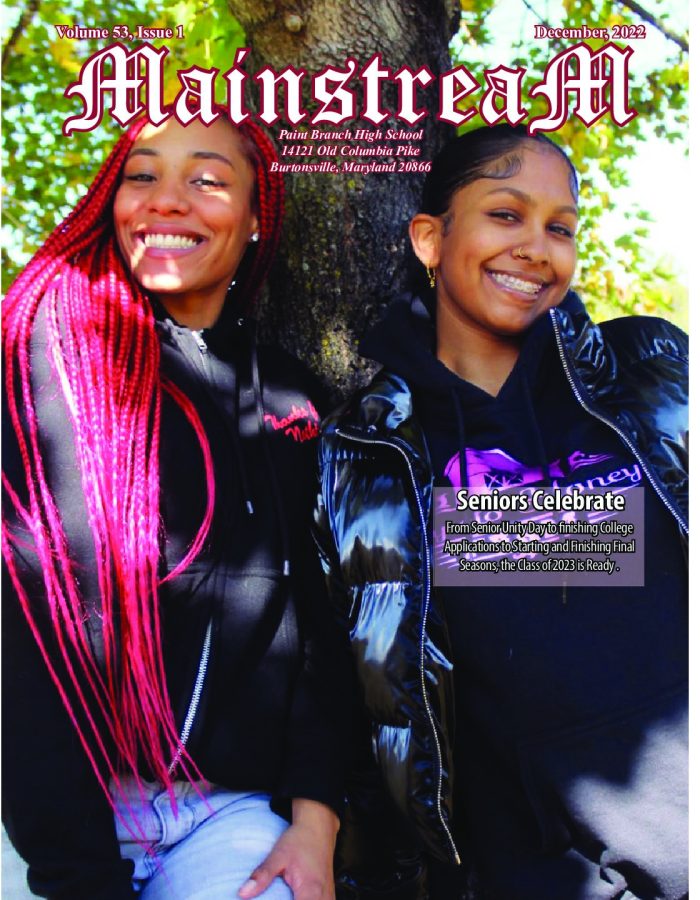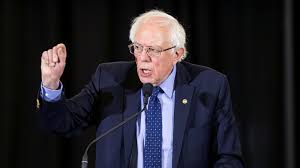Looking Ahead to 2020: Which Candidate Will Emerge Atop the Democratic Ticket?
April 9, 2019
On March 11, 2019, the Democratic Party announced the location for the 2020 Democratic National Convention: Milwaukee, Wisconsin. As of the same date, fifteen democrats had officially announced their candidacy for president. But only one of them will win the party’s nomination. So, between now and July 2020, these candidates will do all that they can to boost their chances to win.
Most experts agree that the candidates whose policies and platforms are most consistent with the party’s platform are more likely to win. Some of the Democratic Party’s major policy goals include reducing the income gap, reforming immigration and campaign finance laws, combating climate change, providing quality and affordable education, and securing universal healthcare. While each candidate does fall somewhere within the spectrum of these democratic tenets, all bring to the table some unique ideas and perspectives that they hope will set them apart.
Here is a list of the party’s most viable and popular candidates, all of whom have officially declared their intent to run. They are listed in no particular order:
Massachusetts Senator Elizabeth Warren has been very outspoken about her opposition to corporate fraud and income gaps. Her major promises for 2020 include increasing taxes for the wealthiest Americans, guaranteeing universal childcare, reducing student debt, and implementing Green New Deal legislation. Each of these basically aligns with the party’s platform. According to several polls, Warren is one of the most popular candidates for Iowans, which is essential to the process. As an advocate for the middle class and progressive policies, the two-term senator is certainly an appealing candidate to the public, and somebody worth following as the race progresses.
California Senator Kamala Harris has made many decisive claims in her campaign. These include supporting Medicare-for-all and the Green New Deal, raising the minimum wage, and reducing the racial pay gap. She is also a distinct candidate in the field of criminal justice reform, claiming that she helped to create “an initiative to get skills and job training instead of jail time for young people arrested for drugs.” However, as San Francisco’s district attorney, California’s attorney general and, later on, U.S. Senate candidate, Senator Harris has chosen to stay silent or take contradictory stands on many criminal justice issues, including capital punishment and legalization of recreational marijuana. The senator’s controversial records would make it hard for her to reassure voters that she can remain consistent to her beliefs during and after the campaign.
Vermont Senator Bernie Sanders’ Medicare-for-all plan has been supported by both Warren and Harris as well as another strong candidate, New Jersey Senator Cory Booker. Sanders is known for his many progressive policy stands, including support for a single-payer healthcare system, and progressive income and corporate taxes. He has also promised his own version of the Green New Deal – a policy initiative that currently divides the Democratic Party – and says that he intends to make public colleges tuition-free for undergraduate students from the working- and middle-class and reduce interest rates on student loans.
Former Texas Congressman Beto O’Rourke’s greatest asset is perhaps his ability to appeal to grassroot supporters. During his failed 2018 Senate campaign, O’Rourke visited all two-hundred-and-fifty-four counties in Texas. He has carried his technique of reaching out to the constituents over to his current run for office, as he has already visited many towns in Iowa. O’Rourke has had a change of heart when it comes to advocating for Medicare-for-all, saying, “So many Americans have said, ‘I like my employer-based insurance. I want to keep it. I like the network I’m in. I like the doctor that I see.’” Instead, he now calls for a system where “people choose to leave employer-based insurance instead of being forced to.” O’Rourke’s moderate positions and willingness to shape his opinions based on the people’s views might be his best asset, although some see his changeability as more of a lack of decisiveness that may affect his showing in the early primaries and caucuses.
Of course, results from the February 3, 2020 presidential caucus in Iowa and the February 11, 2020 primary in New Hampshire will be significant predictors as to which candidates are the most viable contenders. However, one wild card looms over the entire field: former Vice-President Joe Biden. According to two Des Moines Register polls, conducted in December 2018 and March 2019, Biden is the most popular Democrat among Iowa voters. If Biden decides to run, the predictions for 2020 might look very differ
ent from how they do now.













































